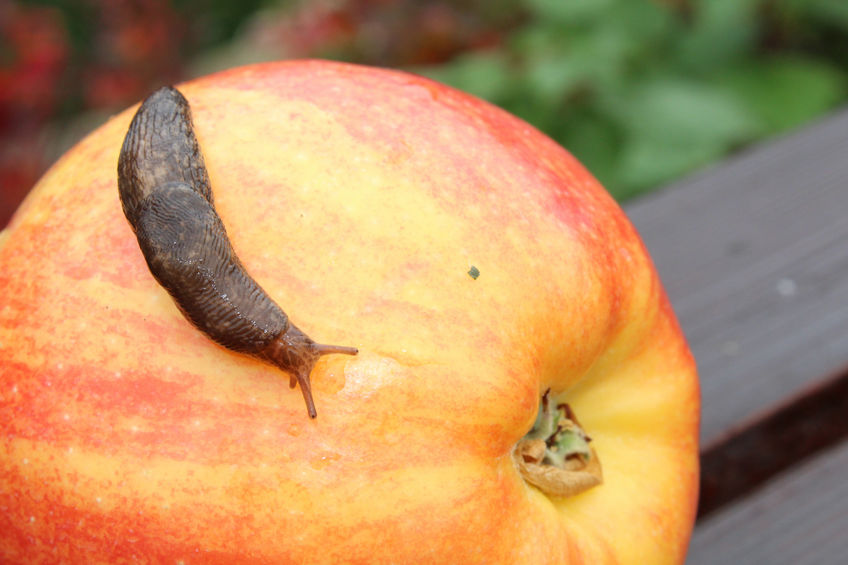
A ban on the most-commonly used slug control product, metaldehyde, in 18 months’ time will present a 'major challenge' to growers.
Slugs are a major pest of crops such as oilseed rape, cereals and potatoes.
Defra has announced that a ban on the outdoor use of metaldehyde is to be introduced across Britain from Spring 2020.
The UK Government decision to ban it has been taken to protect wildlife. It will restrict those growing crops susceptible to slugs in Britain to costlier ferric-based products.
However, metaldehyde has been re-authorised for use in most other EU member states as well as other non-EU countries, handing a competitive advantage to food producers exporting to Britain.
NFU Scotland Policy Manager, Andrew Midgley said: “The arsenal of plant protection products available to growers to produce clean, healthy, disease-free crops continues to narrow.
“Metaldehyde’s potential impact on wildlife and watercourses has been recognised by the industry and farmers are acutely aware of the need to minimise its impact on the environment.
“In autumn 2017, the Metaldehyde Stewardship Group enhanced its guidelines to improve protection of watercourses and minimise the risk to wildlife.
“Disappointingly, this ban has come before figures on reduced metaldehyde use and water quality can be analysed. At the same time, the product remains widely available to farmers and growers across the EU and beyond.”
Unchecked, slugs can significantly damage crops of cereals, potatoes, brassicas and oilseed rape.
Without metaldehyde, protection products to tackle slugs are narrowed down to ferric-based ones.
Mr Midgley added: “The cost per kilo is broadly comparable between the two, but ferric-products require significantly higher application rates, almost doubling the cost per hectare of slug control.
“That is an additional cost unlikely to be recovered by Scottish growers from the marketplace.”
